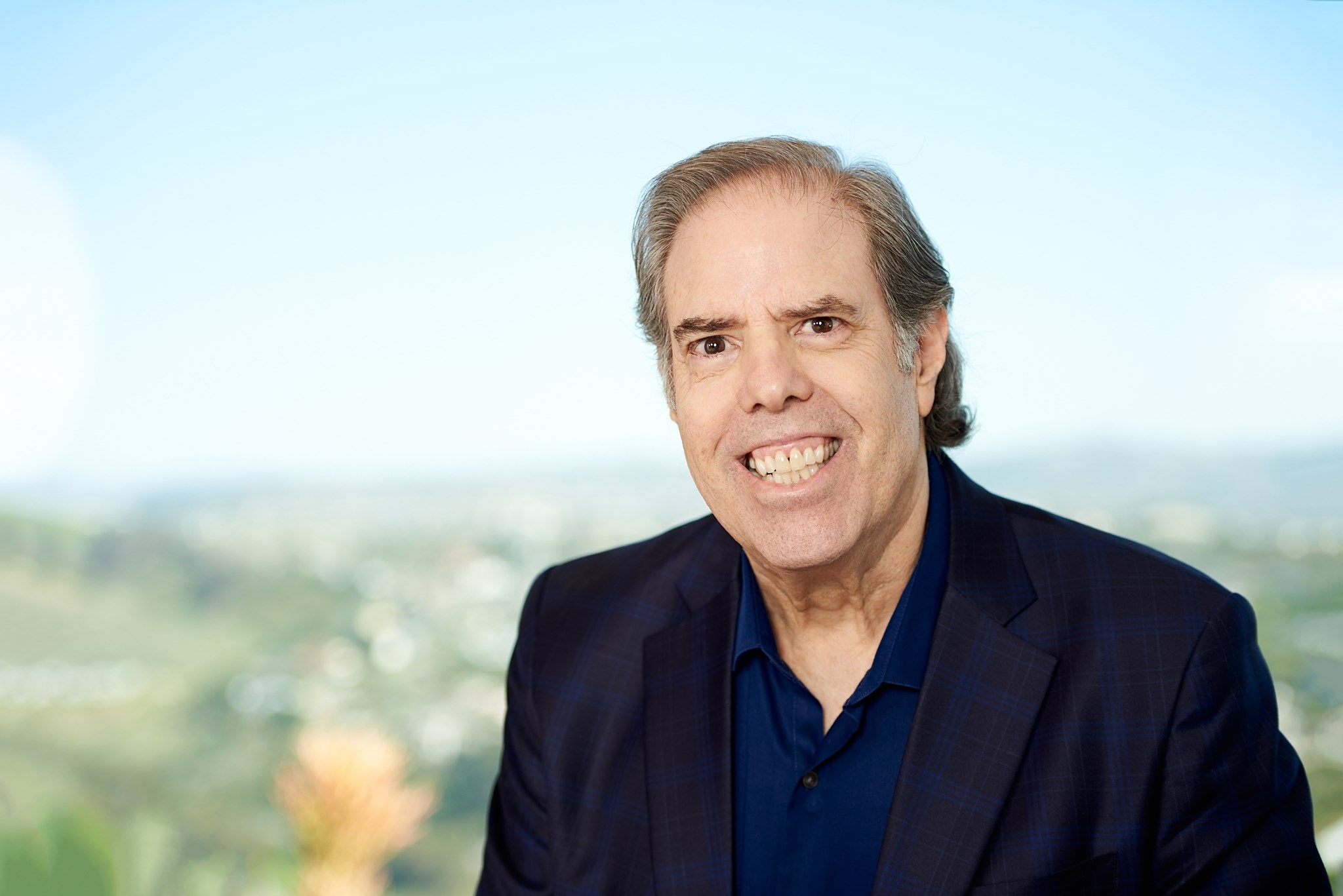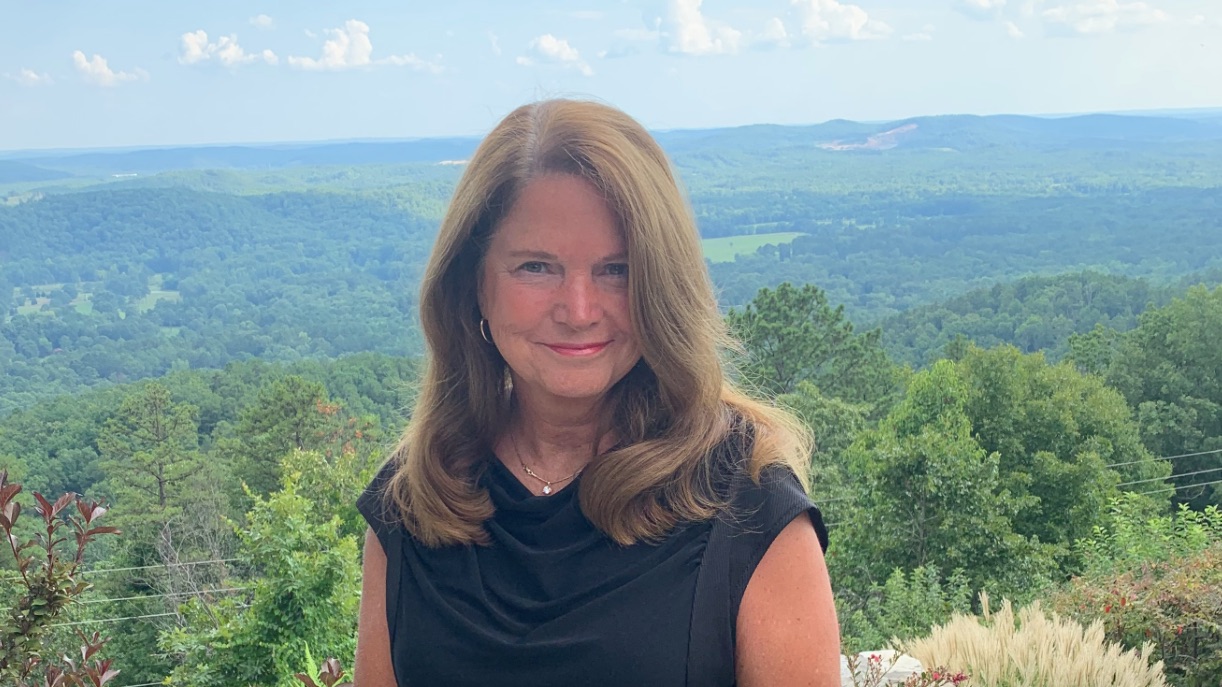This week’s interview is with Sue Bingham, founder and principal of HPWP Group. Sue has been at the forefront of the positive business movement for 35 years. Her life’s work has been to create high-performing workplaces by partnering with courageous leaders who value the contributions of team members. She also wrote a bestselling Amazon book “Creating the High Performance Work Place: It’s Not Complicated to Develop a Culture of Commitment” and is a contributing author of the internationally bestselling book “From Hierarchy to High Performance.”
A pleasure to connect with you for this conversation! Please share with us the story of how you decided to pursue your business, your books, or your transformational journey?
My career started in HR where formative experiences shaped the way I see the workplace forever.
I learned about what I consider “stereotypical” HR as a young HR manager working for a very traditionally managed aerospace company. My job was to discipline workers who were my parent’s age. It felt so wrong to be reprimanding them. As a result of this soul-murdering process I was required to follow, employees became totally demoralized and performance problems rarely improved. It was humiliating and ineffective; I vowed to find a better way.
Another formative experience was watching 200 production employees walk past the executive building, out the main gate on Friday knowing they wouldn’t have a job on Monday due to corporate layoffs. This tragic moment was made surreal when I noticed construction workers remodeling the executive building the workers were passing; they were changing the windows from square corners to round.
These experiences – and sadly, too many others like them – ignited my passion for creating a workplace where every employee at every level feels valued and respected at work.
What top 3 lessons could others learn from your story?
- Be aware of the type of company for whom you are working. If you’re not valued as a human being and contributing adult, find a company that will treat you that way.
- There are no second-class or less-valuable jobs; everyone contributes to the success of the company and should be valued accordingly.
- In order to protect themselves from legal adjudication, companies have over-compensated by creating insulting rules and onerous discipline policies. These regulations are demeaning to the vast majority of employees and a game-plan for the “bad apple” who knows how to use it. The bad apples cost the company no matter what.
What 1 to 3 tips would you give to young entrepreneurs for being successful in business and in life?
Always be looking toward what is trending and continue to ask the question: What do we need to do differently to get a better result?
Use independent consultants who bring specific, needed expertise without the burden of an annual salary.
Always have high expectations and measure performance by results, not activity.
What are the 3 things that most excite you about 2019 or this moment in time, and why?
New research proves that valuing people (and creating a great culture) matters. The Coalition for Inclusive Capitalism and EY recently reported that intangible assets, such as culture, on average make up 52% of a company’s market value. And for some companies, that makeup is as high as 90%.
I’m inspired by movements like Great Work Cultures that prompt courageous leaders to transform their organization from traditional hierarchies to networked organizations that value people.
I’m excited about millennials and their fresh perspective on business and workplace culture.
How do you think Leaders will need to change in in the next decade (2020 and beyond)?
Since 2006, our company has conducted proprietary research with thousands of leaders in highly-performing companies by asking them the same six questions. Their answers reveal that while change is occurring, there’s still so much to be done: Most leaders believe that 75 to 90 percent of employees are good, responsible people. However, organizations use only half of their potential, structuring jobs that use only 30 to 60 percent of employees’ brainpower. Responses consistently show that two hours of an employee’s day, on average, aren’t productive. In my time consulting, I’ve realized most companies don’t empower their people, despite stated objectives to the contrary.
If you peel back the layers of an organizational problem, the resulting cause lies somewhere in a failure of leadership. Our research reveals that decisive change is needed in these areas: coaching, performance management, positive reinforcement and recognition, employee engagement and involvement, challenging job descriptions, and high expectations for performance and behavior.
Connect with Sue on LinkedIn, Twitter and Facebook. Watch Sue’s short video that challenges HR leaders to make work a better place by eliminating demoralizing conduct rules and dumb policies.


